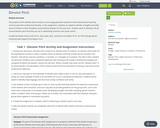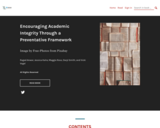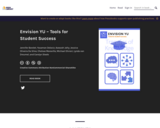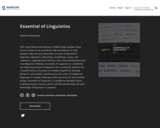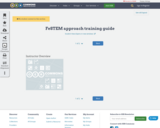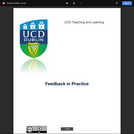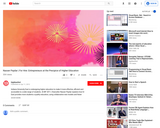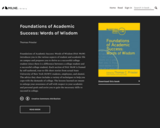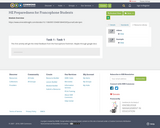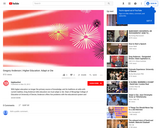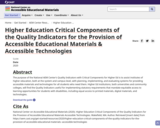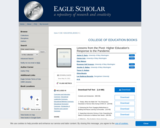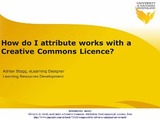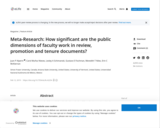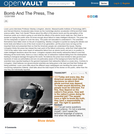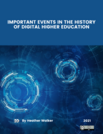Short Description:
Continued outcome disparities for historically underserved student populations point to the urgent need for educators to critically examine structural inequities in higher education and shift current practices for greater equity in learning environments. This resource provides a structure for faculty to self-evaluate their teaching, identify evidence-based practices that can bring greater equity to their classrooms, and develop an Action Plan for implementing and evaluating those practices. By focusing on "just one thing," educators can develop a personalized, discipline-specific approach to continual improvement in enhancing equity for students.
Long Description:
The need for greater equity in higher education learning environments is abundantly clear, both nationally and in the state of Minnesota.[1] Yet many educators find themselves daunted by the enormity of the challenge. How exactly do we “do equity” in our classrooms, whether in person or online? While Diversity, Equity, and Inclusion (DEI) trainings abound, it can be difficult to translate broad concepts into concrete applications and practices within our respective disciplines.
In this Faculty Learning Community, we bring together a community of peers within your discipline to help you develop “just one thing” you can bring into your teaching practices to enhance equity for your students. Research around culturally responsive teaching—one of many terms used to indicate equitable teaching practices—boils down to three key areas. There are many different frameworks that have been used to describe those areas (see Transactional Distance Theory,[2] Community of Inquiry,[3] and the Rigor/Relevance Framework,[4] among others), but for our community, we will use these terms: Relationships: creating trust and community, in a manner that ensures all students know they and their cultures are valued assets to a collaborative and safe learning environment Relevance: establishing the connection between the learning content and students’ daily lives, cultural practices, and aspirations Rigor: well-designed, disciplinarily-current, and learning-science-informed courses, instruction, and assessment
Starting from this framework, you will develop an Action Plan. Progressing alongside your colleagues and benefitting from their insights, you will move from identifying a goal, to choosing “just one thing” that you can do toward achieving that goal, to planning incremental and time-bound steps for implementation, to determining how you’ll evaluate the plan’s effectiveness. While achieving “just one thing” can make a significant difference for students, our hope is that this initial practice will also offer you insights into what works best—not just for your students, but also for you as you continue to bring future equitable teaching practices into your learning environments.
Word Count: 10750
(Note: This resource's metadata has been created automatically by reformatting and/or combining the information that the author initially provided as part of a bulk import process.)

